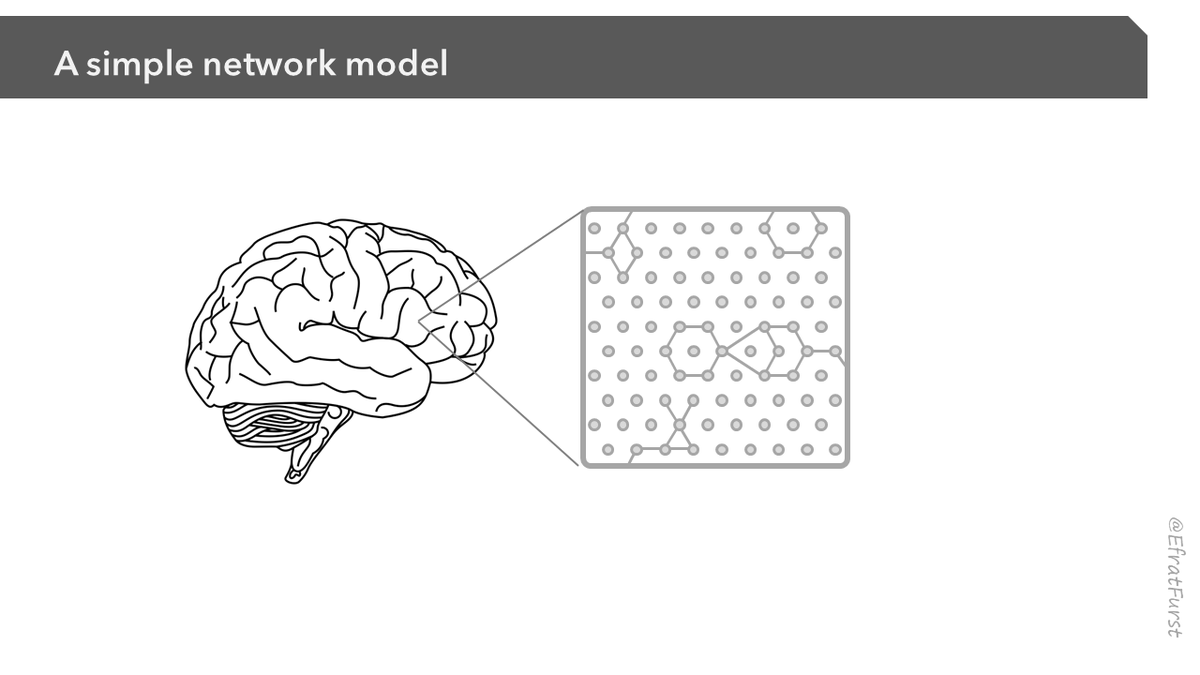
Bridging cognitive science and education: teaching and supporting educators with research-informed, classroom-oriented content.
How to get URL link on X (Twitter) App


https://twitter.com/EfratFurst/status/18762322673178135542 Thinking about our memory using a model of a dynamic neuronal network, shifting between encoding, consolidation, storage and reactivation states - How does working memory (WM) fit? Where do our understandings of WM and long-term memory intersect?
https://x.com/EfratFurst/status/1848054427157983421


 2. Cognitive neuroscience uses simplified network models like this to demonstrate how learning & memory might work at the network level.
2. Cognitive neuroscience uses simplified network models like this to demonstrate how learning & memory might work at the network level.


 2/ We are naturally biased against investing in habit formation, as it is mostly unconscious and long-term.
2/ We are naturally biased against investing in habit formation, as it is mostly unconscious and long-term.

 I’ve put 4 things on the table, 4 points that I find central and essential for making cog sci useful in education
I’ve put 4 things on the table, 4 points that I find central and essential for making cog sci useful in education 

https://twitter.com/StevenCPan/status/1554825685557841922?s=20&t=Fa9Sy6jjKcXPjAU9IHdYqQ

https://twitter.com/garvin_brod/status/1375416064088084491?s=20